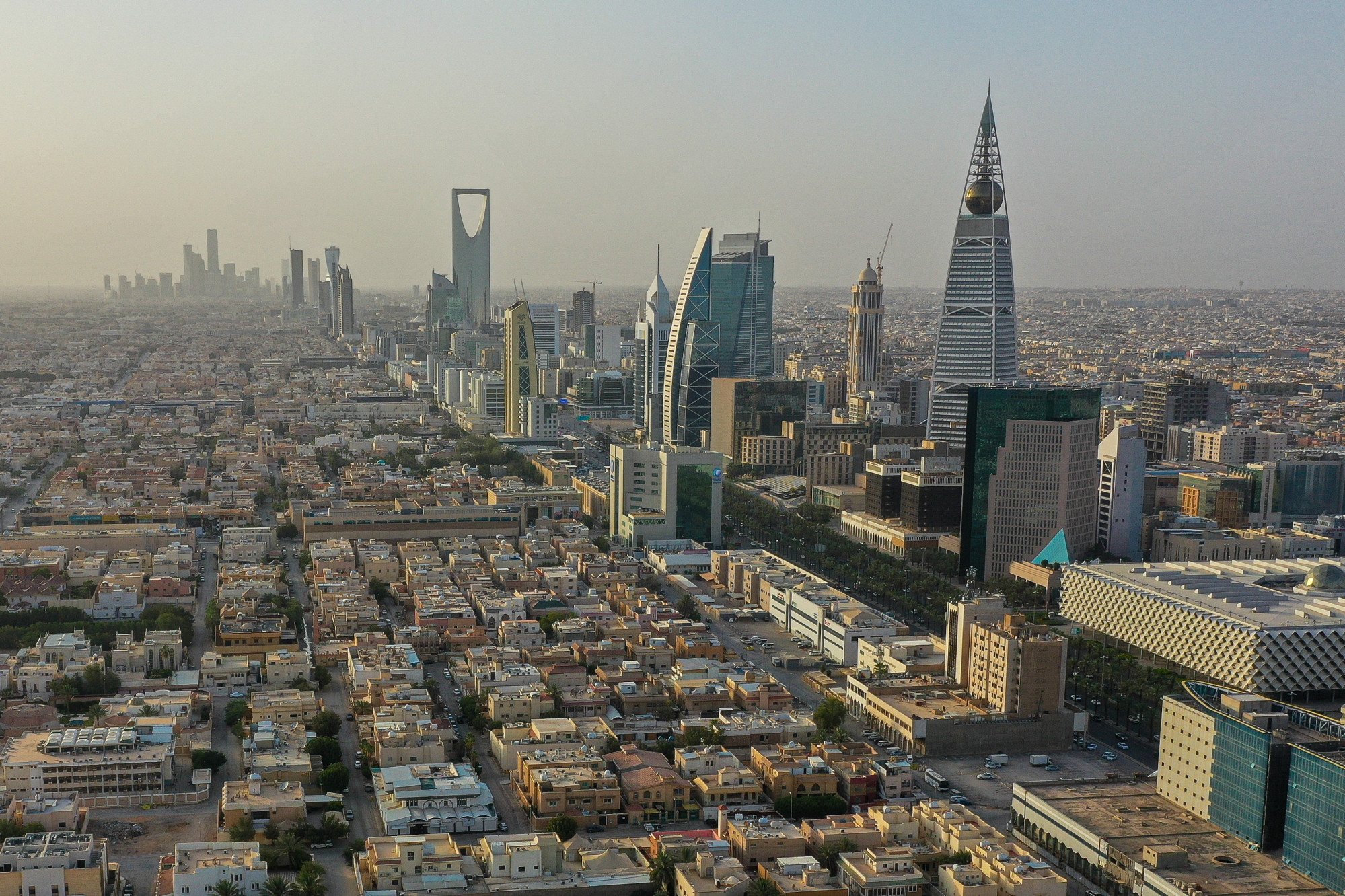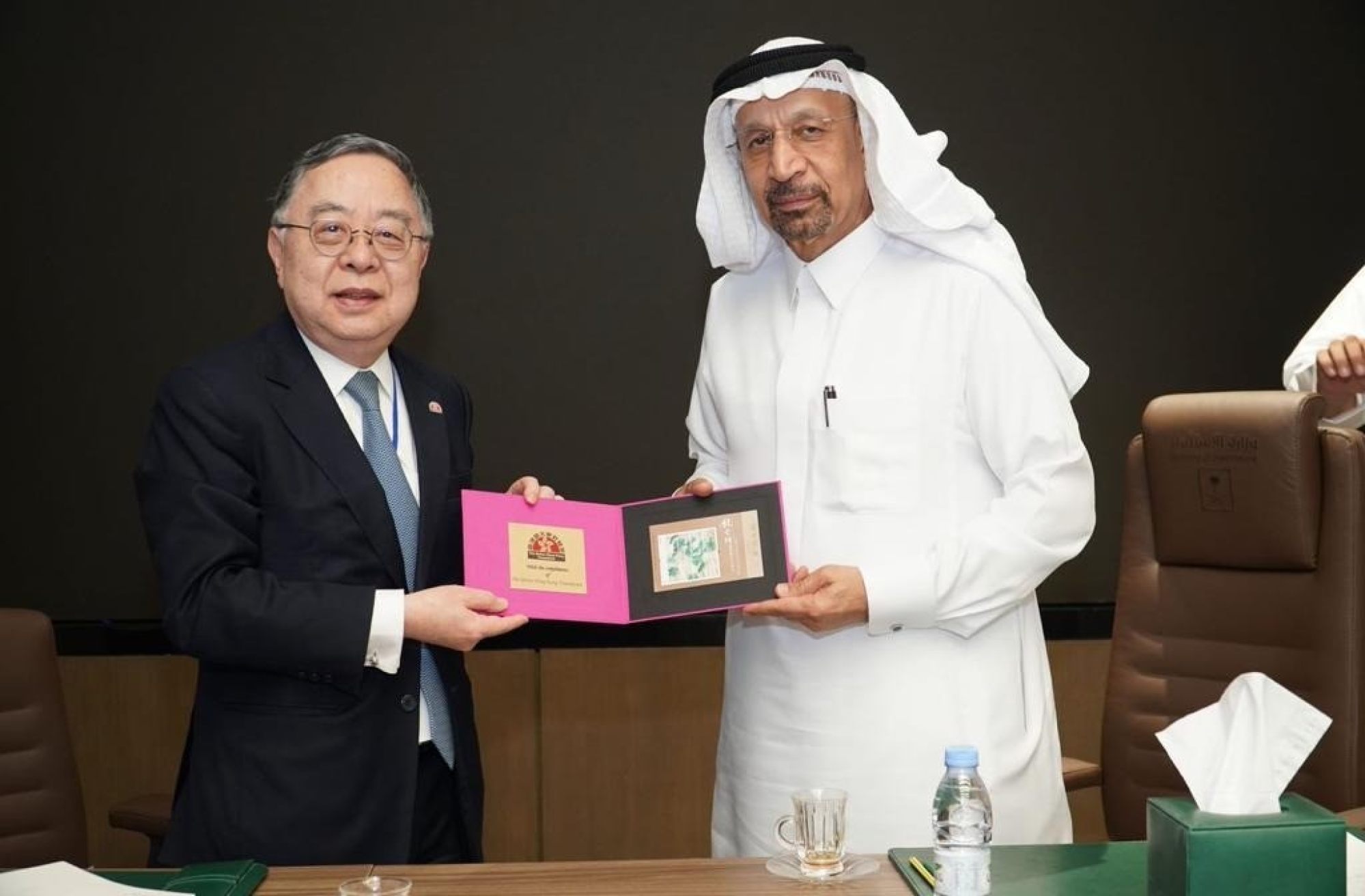
Warmer-than-ever China-Saudi ties offer Hong Kong a golden opportunity – if the city does its homework
- Fast-changing Saudi Arabia is eager for foreign capital, including from Hong Kong. But the city needs to do its homework to enter a crowded market
- Hong Kong should reach out to its citizens in the Middle East who have the experience, connections and expertise to build trust and spur investments
That provided the backdrop for when I recently joined a local business delegation led by tycoon Ronnie Chan, chairman of the non-profit Better Hong Kong Foundation, on a fact-finding and exchange visit to the country.
It turned out to be an eye-opening and thought-provoking experience. The many first-hand insights from senior Saudi officials, business leaders and academics should provide plenty of food for thought if Hong Kong wants to catch up in this competitive market.
The “go Saudi” journey for Hong Kong investors is still in its infancy – “go see and explore” would be a better way of summing up the sentiment of the business elite. They have extensive overseas investment experience, but Saudi Arabia is still virtually unexplored territory to them.

Until this visit, none had set foot in that part of the world except Chan, who already has good connections there. But taking into account his last visit was more than 10 years ago, he reminded everyone that this was not a trip to “make deals” but to “learn”.
There are good reasons why Hong Kong businesses are becoming more interested in the Middle East.
Hong Kong ‘must seize opportunities’ with Gulf investors eyeing mainland market
It was also a defiant gesture to Washington that its unilateral sanctions would not stop him from reaching out to other parts of the world.
There is no denying Saudi Arabia’s quest for overseas capital, including from Hong Kong. However, major projects in the kingdom are basically government driven, and besides mainland China, the US, Japan, Singapore and South Korea are also major investors there. So what edge would the mostly privately owned Hong Kong business sector have?
Going and seeing for oneself is a must, as is avoiding stereotypical perceptions.
Pleasant surprises
Delegation members were given a list of “dos” and “don’ts” before the trip – for women, one of the “must take” items was a scarf. I took along three, having been advised to cover my head whenever out in public, not just when entering a mosque.
The scarf did help, but mainly for sheltering me from the scorching sun – not for meetings with officials or business leaders, or when walking outdoors. I saw no sign of those “religious police” either, at least not in the capital Riyadh.

To achieve these goals, the oil-rich country says it still needs more foreign direct investment in technology, advanced financial services, healthcare, recreation and tourism, to name just a few key areas. Hong Kong investment can be a good fit in this regard, Saudi Arabia’s Minister of Investment Khalid bin Abdulaziz al-Falih told the delegation.
One step can be taken immediately: tap into the brains of Hong Kong talent already in Saudi Arabia
Officials spoke fondly of Chief Executive Lee’s visit, and also encouraged group members on the trip, including well-known developer Ronnie Chan, to consider Saudi Arabia for investment.
This brings up a practical issue for Hong Kong’s government: what would be a timely approach to make it easier for local businesses to venture into this relatively less-known market?
Unlike mainland China’s investment in the Middle East, which is dominated by state-owned enterprises, the Hong Kong business sector will find itself largely on its own.
Tapping talent overseas
One can argue that the Hong Kong government set up a trade office in Dubai, in the neighbouring UAE, in 2021. Yet that country was a much more well-developed market compared with Saudi Arabia, which is now playing catch-up.
Should the Hong Kong government go the extra mile to open a branch in Riyadh, or Jeddah – the “Saudi Shanghai” – to provide better on-the-ground services? When Saudi schools are teaching Chinese, how much is known in Hong Kong about Arab law, regulations and culture – especially regarding Saudi investment policies and unique Islamic financial rules?
Even if there are no immediate satisfactory answers for the above questions, one step can be taken immediately: tap into the brains of Hong Kong talent already in Saudi Arabia.
One highlight of our trip was meeting Professor Tony Chan, president of King Abdullah University of Science and Technology (KAUST), who embarked on his Saudi journey five years ago, after completing his presidency at the Hong Kong University of Science and Technology.
‘Breathtaking’ plans for Hong Kong to help link Middle East, Greater Bay Area
Saudi authorities are serious about Hong Kong. Its investment minister is planning a visit to the city. As a relative latecomer to the Middle East, building mutual trust is crucial. Trust means confidence in, and honesty towards, each other.
The cordial China-Saudi relationship is a bonus, but not something Hong Kong should take for granted for a smooth entry into this already crowded market. This city has to do more serious homework of its own.
Tammy Tam is the editor-in-chief of the Post

